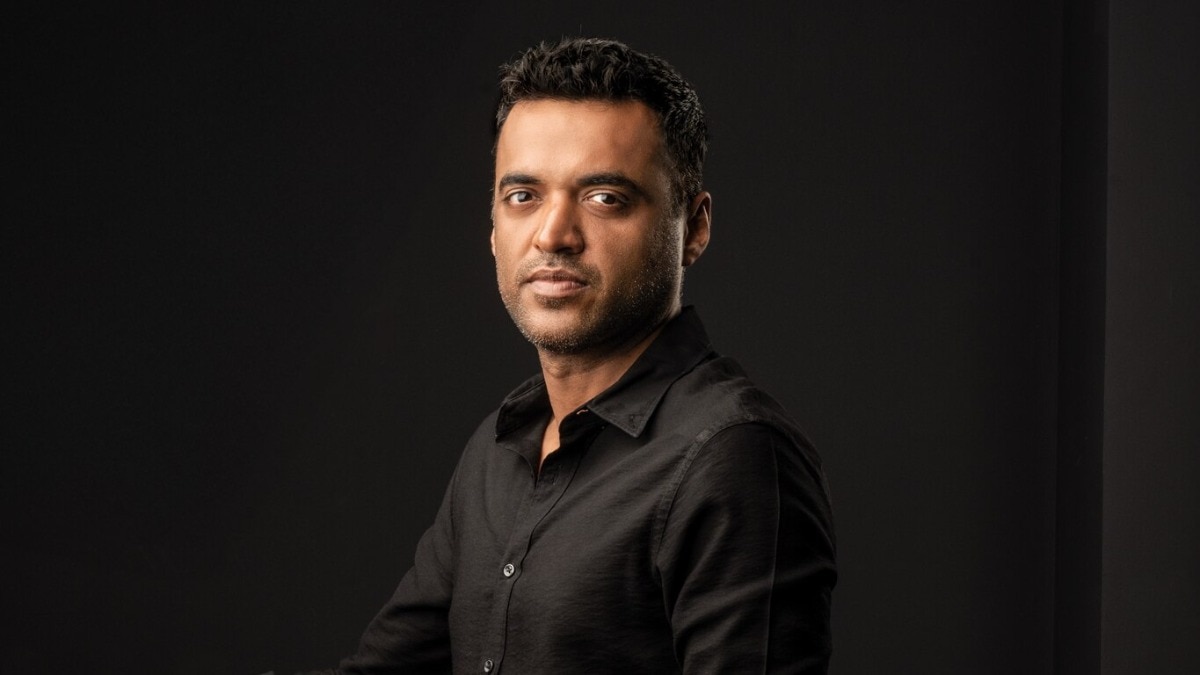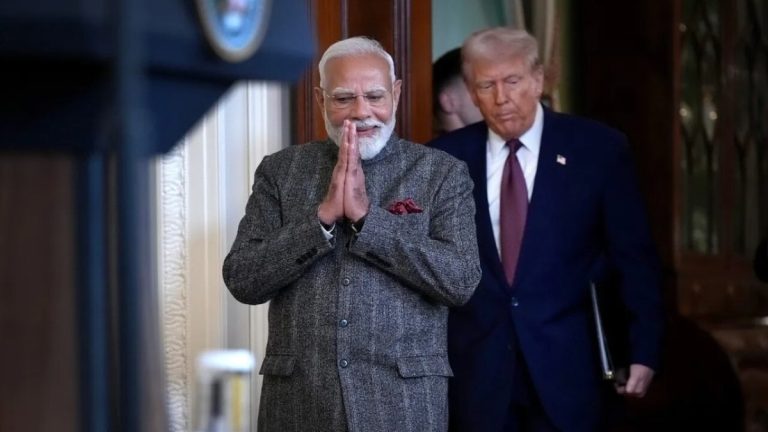Deepinder Goyal, the founder behind Zomato, Blinkit, and now LAT Aerospace, has announced a bold new initiative to build indigenous gas turbine engines in India — a feat the country has long pursued but never fully achieved.
In a post on LinkedIn, Goyal wrote, “India has tried building gas turbine engines before. And we’ve come close. At LAT, we want to get past the finish line.”
To make that vision a reality, LAT Aerospace is assembling a propulsion research team in Bengaluru focused on designing and building lightweight, efficient, flight-ready gas turbine engines entirely from scratch — all “Made in India.”
What sets this effort apart, Goyal noted, is a radically different approach to R&D. “We’re giving engineers the freedom to think, build, break, and repeat,” he wrote. LAT’s dedicated research centre will house advanced labs for combustion, turbomachinery, thermal systems, and materials — creating a rapid iteration environment meant to break away from bureaucratic bottlenecks.
“This team will be led by engineers. No waiting around for approvals from ‘business’ people. No chasing slides or meetings. Just hands-on problem solving, running bench tests, working with suppliers, building hardware from scratch — and pushing the limits of design and physics every day,” Goyal emphasised.
The initiative aims to eventually power Short Take-Off and Landing (STOL) aircraft, unmanned aerial vehicles (UAVs), and remote connectivity platforms — paving the way for greater self-reliance in high-performance propulsion technology.
The announcement has drawn significant attention from India’s tech and aerospace communities.
“This is massive! Building indigenous gas turbine engines has been a long-standing challenge for India, and LAT’s approach — engineers leading the charge, rapid iteration, and true R&D freedom — feels like the breakthrough mindset we’ve been waiting for,” wrote one LinkedIn user.
Another remarked, “This is a bold and much-needed leap in India’s aerospace capabilities. LAT’s approach of decentralising decision-making and investing in core infrastructure like turbomachinery and combustion labs reflects a deep understanding of what real innovation demands. If successful, this could redefine India’s position in the global aero-propulsion value chain.”
Goyal concluded his announcement with an open call to engineers: “If you’ve ever built turbines, rotors, control systems — or anything close — and want to be part of something that could one day rewrite history, write to us at [engines@lat.com](mailto:engines@lat.com).”
This isn’t the first time Goyal has stepped in to solve real-world problems with speed and innovation. Earlier this year, Blinkit rolled out a 10-minute ambulance pilot service in Delhi-NCR, which has already helped save lives by significantly reducing emergency response time. Patients in critical situations — from cardiac arrests to accidents — have reported receiving first response assistance faster than traditional services, showcasing how tech-driven logistics can be repurposed for urgent care delivery.







